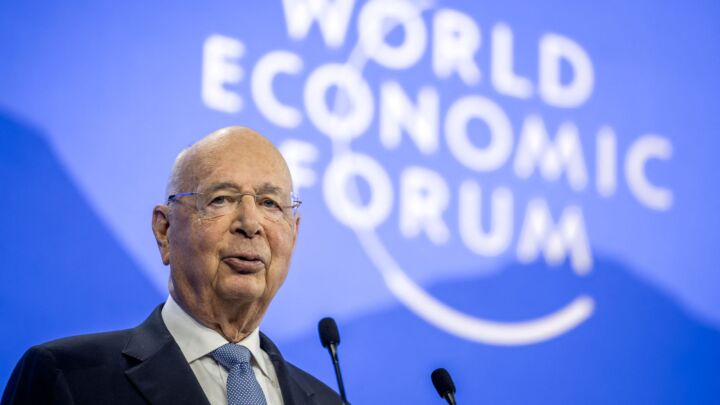‘You are handing power to Islamists’
Kunwar Khuldune Shahid on the West’s Islamic blasphemy laws.

Want to read spiked ad-free? Become a spiked supporter.
Islamic blasphemy laws have arrived in Europe. In Denmark, it is now illegal to burn the Koran. In the UK, the Labour government is planning a crackdown on ‘Islamophobia’, which has long been code for blasphemy. Pakistani journalist Kunwar Khuldune Shahid sat down with spiked’s deputy editor Fraser Myers to explain why this creeping censorship must be resisted – not just for the sake of the West but for dissenters in Muslim countries, too. What follows is an edited extract from their conversation. You can watch the whole thing here.
Fraser Myers: Do you foresee any dangers in the UK’s plans to draw up an official definition of Islamophobia?
Kunwar Khuldune Shahid: The term Islamophobia is duplicitous. I would even say it’s deceitful. Islamophobia means an irrational fear of Islam. But Islam is an ideology. It should be as open to critique as any other.
There are at least 12 Muslim-majority countries that impose the death penalty for blasphemy. Plenty more Islamic countries have harsh sentences for criticising Islam. For the UK to in any way limit criticism of Islam, and to hide behind the concept of human rights as the term Islamophobia does, is an insult to the many victims of Islam in those countries. I think it’s very concerning that many British Muslim groups have offered their full-throated support for Labour’s Islamophobia definition.
Myers: Various European governments seem to imagine that if you outlaw anti-Islamic blasphemy, it will calm communal tensions and prevent killings like that of ‘blasphemer’ Salwan Momika. But isn’t the opposite really the case?
Shahid: Denmark has made it illegal to burn the Koran. Sweden criminalises this through other laws. The problem is, once you tell any particular community that it will be accommodated if it reacts violently, it will only provide more motivation to act violently. The more space you cede to anyone upholding Islamist values, the more space they will demand. It’s never going to be enough. The question is, how much of your world are you prepared to give away?
When you argue in favour of blasphemy laws in the West, you’re also providing ammunition to Islamists in Muslim countries. It means they can point to the actions of European countries and say, ‘Look, even the West thinks blaspheming against Islam is wrong’. By supporting blasphemy laws, you’re not only harming your own country. The harm is global.
Myers: You have written about the culture of silence that allowed Britain’s grooming-gangs scandal to go on for so long. What other cultural factors are at play?
Shahid: In much of the media coverage, the perpetrators have been described as South Asian or Asian, but in fact they are predominantly from the Pakistani city of Mirpur. Unfortunately, misogyny and sexism are prevalent cultural features throughout Pakistan.
In Pakistan, you have a mix of tribal and Islamic customs that are distinctly anti-women, such as the idea that you can harass a woman if she is dressed incorrectly. According to the Koran, women are also a reward for men who perform certain acts in this life. Child marriage, while outlawed in most of the world, is still practised in lots of parts of Pakistan. This atmosphere encourages, or at least makes it much easier, for men to groom and sexually assault women.
The demographic of the victims is also important. Most grooming gangs in the UK have preyed on non-Muslim girls, specifically white working-class girls. Many of the perpetrators hold a worldview that divides the world between Muslims and non-Muslims.
Not enough people are calling out these ideas. Of course, you can criticise the UK government and criticise the Labour Party for failing to prevent these crimes. I think what is most needed is a larger backlash from within British Pakistani and British Muslim communities, so the actions of this minority do not end up tainting the entire demographic.
Fraser Myers was talking to Kunwar Khuldune Shahid. Watch the full conversation here:
Who funds spiked? You do
We are funded by you. And in this era of cancel culture and advertiser boycotts, we rely on your donations more than ever. Seventy per cent of our revenue comes from our readers’ donations – the vast majority giving just £5 per month. If you make a regular donation – of £5 a month or £50 a year – you can become a and enjoy:
–Ad-free reading
–Exclusive events
–Access to our comments section
It’s the best way to keep spiked going – and growing. Thank you!






Comments
Want to join the conversation?
Only spiked supporters and patrons, who donate regularly to us, can comment on our articles.